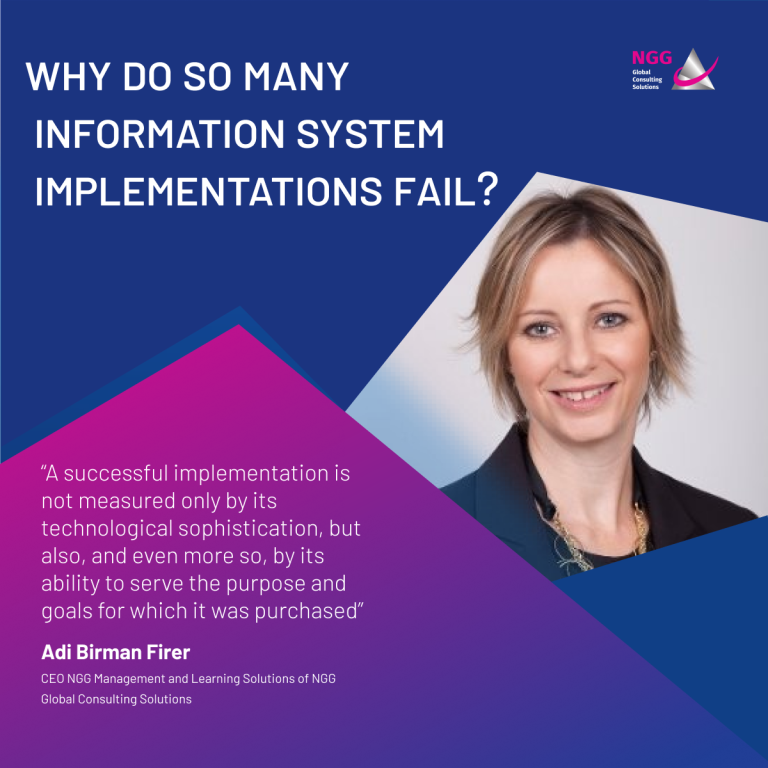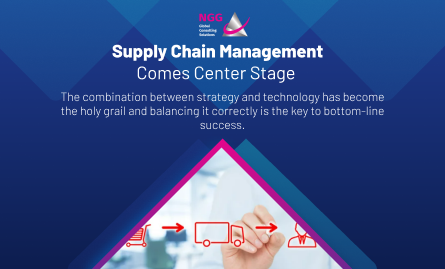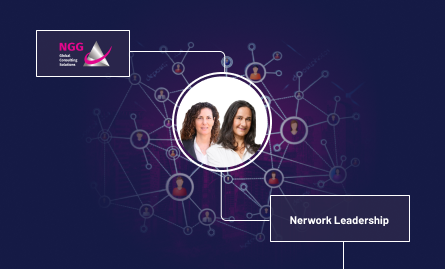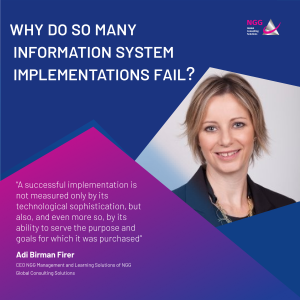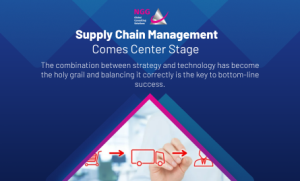
In all economic newspapers and networks, there are discussions about the impact of the Internet on our changing consumption habits. However, when the turmoil of the disruption intensifies, the changes we expect to experience in our daily lives increase, and we are not necessarily aware of them
We have identified ten areas where the imminent expected changes will become apparent already in the short term and pull us into the turmoil. Here is a snapshot of each area:
1. Cleaning, Maintenance, Renovation, Gardening
The increase in use of electronic payment methods is expected to replace cash as the main payment method. This change may come from various directions, where the most natural one is of course the convenience of transferring money and eliminating the hassle of going to the bank or using the ATM. These reduce the amount of money in the market and force it to usages that are not possible with electronic methods. The shift from magnetic cards, of any type, to cellular phones will further strengthen this trend.
Another field is the tax authorities, which are expected to move in this direction to better enforce tax collection. Today any objection is mainly political, yet this change may be inevitable and the use of cash will be significantly limited.
These trends will cause cash-based industries to switch to various electronic means, which are naturally audited more, and thus a price increase is expected in these services.
An interesting example can be found in China, where beggars include a QR Code on their sign requesting charity, with the understanding that most passersby do not carry cash. If we have reached this stage, what will happen with other professionals?
2. Call Centers
In the past years, call centers’ activities have grown significantly and we are all becoming accustomed to making use of the phone to receive services, which are also continuously increasing.
Some of these services are already directed today to self-service options via an automated answering service. Technology is rapidly changing our reality where bots, artificial intelligence and other developments will enable complete conversations with a computer that will deliver a human–like response.
The rapid rate of development is highly influencing this industry, which employs many representatives with relatively basic skills, and they are quickly being replaced by technological methods. The future of the entire outsourced service industry, and all hired by it, is in immediate danger.
3. Food Retail
Not only fashion, also food can be ordered today via the Internet. True, many customers worldwide in general, and in Israel in particular, are still accustomed and like going to shopping centers to feel, smell, see and compare. However the development of direct supply, the convenience of ordering from home and the provider’s warranty are continuing to progress.
We are bound to see an increasing shift to ordering products via digital methods, and those will be provided directly to the customers’ home on the same day. Amazon is at the head of the revolution, however the leading local retailers are very busy digitizing their processes and they are the ones creating the change.
4. Drug Stores and Pharmaceutical
One would ask, doesn’t medication require a doctor’s prescription?! Apparently not! Most medicine is given without a prescription. In addition, the technological advancement enables us to check prescriptions via technological methods, and on top of that, already today a doctor that is certified and authorized by the various health systems, can approve a patient’s prescription directly through the company’s computers.
The significance of this is great: elimination of paper prescriptions, automated documentation and validation according to ID. All these will enable supplying medicine without having to visit the drug store and without the involvement of a pharmacist.
Over-the-counter medicine is already being sold today via the Internet by different distributors, and it seems that this process will progress tremendously.
The various pharm chains will jump on the bandwagon sooner or later, but the pharmacists?
5. Family Medicine
4. Drug Stores and Pharmaceutical
True, a family doctor is also a consultant and sometimes a psychologist, and for certain populations visiting the clinic is part of the personal daily routine. At the same time, this world too is changing. Already today many doctors are joining medical centers, making use of the different services such as appointment and notification services. All this would not have crossed our minds a few years ago.
As technology advances, remote connection becomes possible and the methods of assessment are also delivered by professionals that are less skilled. Medicine is a sensitive field, but it is also regularly understaffed. Hence, there is nothing to prevent actions from being automated or permitted by caregivers that are not doctors.
At any rate, remote medicine already exists and will probably advance in the next coming years. In such a case, it will facilitate the lack of professional resources and even increase the demand for nurses and caregivers, as well as reduce waiting time for treatment. These are areas already familiar to us, where the change has already started, and is increasing.
In the second part of the article, to be published next week, I will present additional surprising areas that will undergo change, and we may never have even dreamt about them…
We are excited to announce the launch of Ram Jaulus’s new book- “The Age of Urgency – Organizational Survival in a World of Disruption”. The book describes Organisational and managerial phenomena that emerged out of the whirl of multidimensional changes experienced by the business world in recent years – their challenges and solutions. Buy now at: https://amzn.to/2HAhD3n
